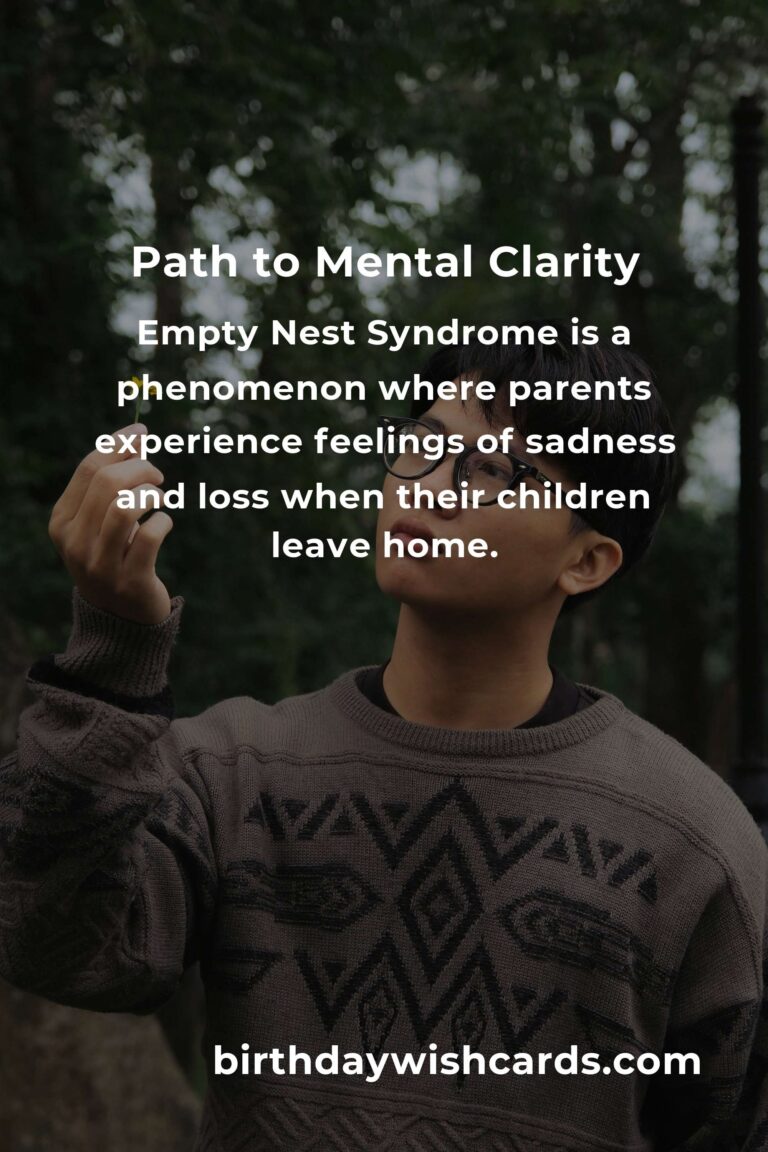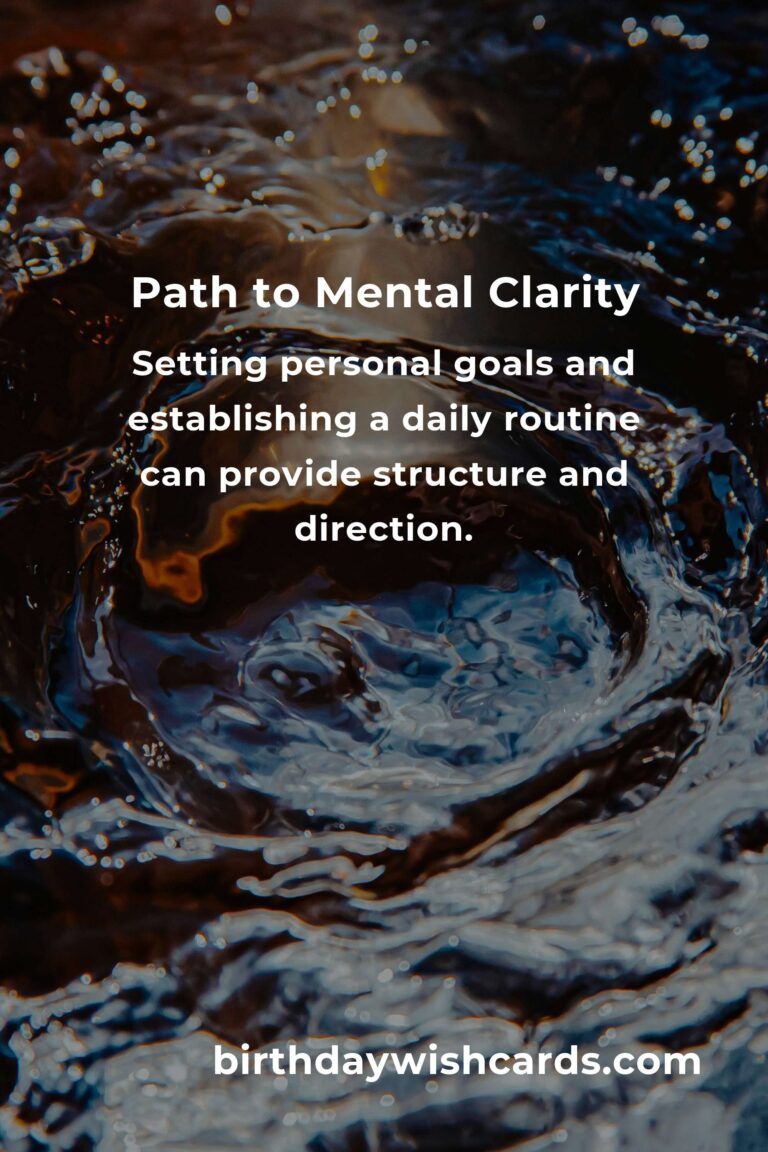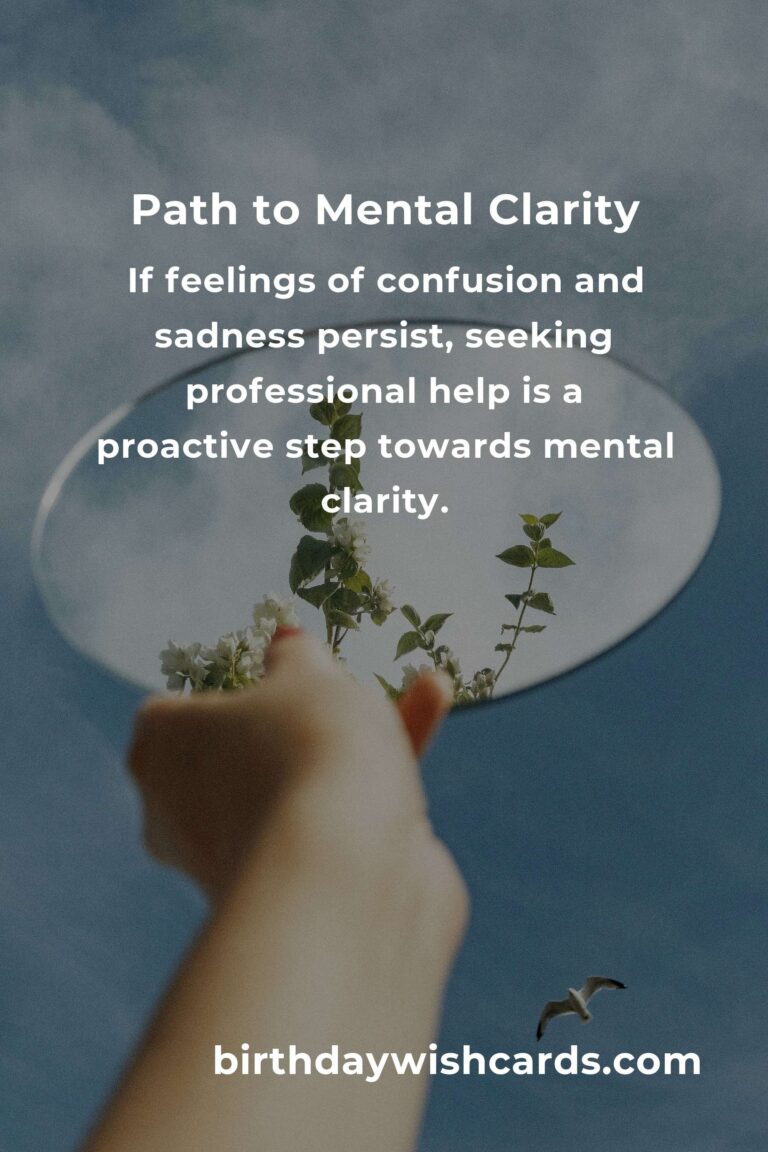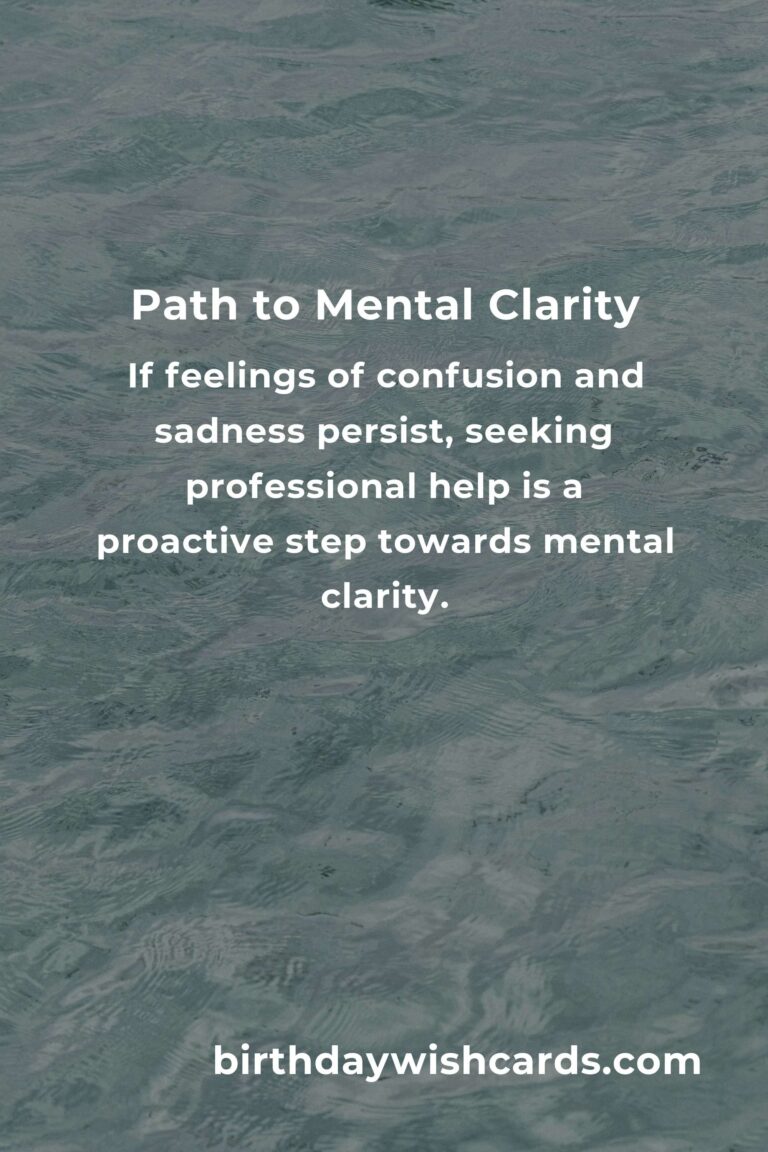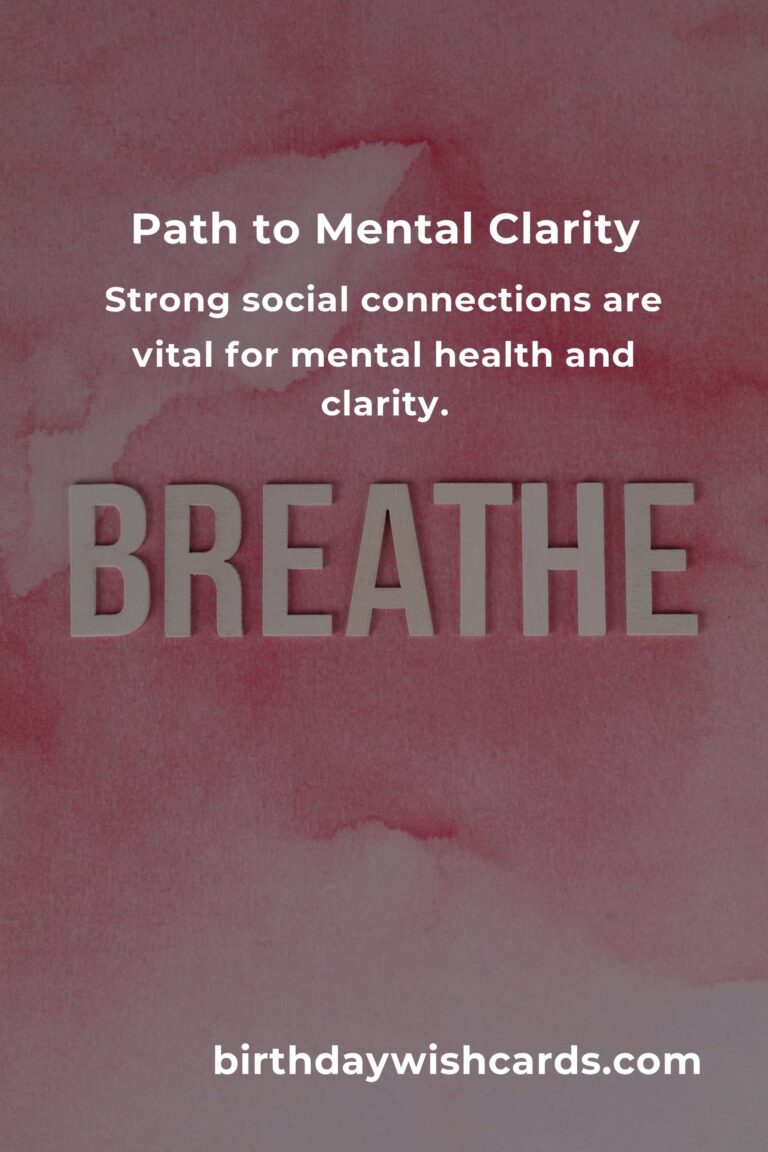
The transition to an empty nest can be both liberating and challenging. As children leave home, parents often find themselves in a new phase of life, ripe with opportunities yet fraught with emotional complexities. One of the key challenges faced by empty nesters is maintaining mental clarity amidst these changes. This guide aims to provide practical strategies to help empty nesters achieve and maintain mental clarity, ensuring a fulfilling and balanced life.
Understanding the Empty Nest Syndrome
Empty Nest Syndrome is a phenomenon where parents experience feelings of sadness and loss when their children leave home. While not a clinical diagnosis, it can lead to a lack of purpose and mental fog. Understanding this emotional response is the first step towards achieving mental clarity.
Many parents spend years focusing on their children, often neglecting their own needs and interests. Once the children are gone, the abrupt change can lead to feelings of emptiness and confusion. Recognizing these feelings as a natural part of the transition can help mitigate their impact.
Embracing New Opportunities
The empty nest phase is an opportunity for self-discovery and personal growth. Embracing new opportunities can significantly enhance mental clarity. Consider taking up new hobbies, learning a new skill, or even embarking on a career change. These activities not only keep the mind active but also provide a sense of purpose and accomplishment.
Traveling is another excellent way to gain new perspectives and refresh the mind. Exploring new cultures and landscapes can offer a mental reset and inspire fresh ideas and insights.
Building Strong Social Connections
Strong social connections are vital for mental health and clarity. Reconnecting with old friends or making new ones can provide emotional support and reduce feelings of loneliness. Joining clubs, volunteering, or participating in community events are excellent ways to expand your social network.
Additionally, maintaining regular communication with your children, even from a distance, can help alleviate feelings of loss and strengthen family bonds.
Practicing Mindfulness and Meditation
Mindfulness and meditation are powerful tools for achieving mental clarity. These practices help reduce stress, improve focus, and enhance overall well-being. Start with simple breathing exercises or guided meditation sessions to incorporate mindfulness into your daily routine.
Consider attending meditation workshops or retreats to deepen your practice and connect with like-minded individuals.
Prioritizing Physical Health
Physical health is closely linked to mental clarity. Regular exercise, a balanced diet, and adequate sleep are crucial components of a healthy lifestyle. Engaging in physical activities such as yoga, walking, or swimming can help clear the mind and boost mood.
Ensure that your diet includes plenty of fruits, vegetables, and whole grains, and limit the intake of processed foods and sugars.
Setting Goals and Creating a Routine
Setting personal goals and establishing a daily routine can provide structure and direction. Whether it’s a fitness target, a creative project, or a new learning endeavor, having goals can give you something to look forward to and work towards.
Create a daily schedule that includes time for relaxation, exercise, social activities, and personal interests to maintain a balanced lifestyle.
Seeking Professional Help
If feelings of confusion and sadness persist, seeking professional help is a proactive step towards mental clarity. Therapists and counselors can provide valuable support and strategies to help navigate this life transition.
Don’t hesitate to reach out for help when needed. Therapy can offer a safe space to explore feelings and develop coping mechanisms.
Conclusion
Achieving mental clarity as an empty nester requires a proactive approach and a willingness to embrace change. By understanding emotional responses, embracing new opportunities, building social connections, and prioritizing health, empty nesters can navigate this life transition with confidence and clarity.
The transition to an empty nest can be both liberating and challenging.
Empty Nest Syndrome is a phenomenon where parents experience feelings of sadness and loss when their children leave home.
Embracing new opportunities can significantly enhance mental clarity.
Strong social connections are vital for mental health and clarity.
Mindfulness and meditation are powerful tools for achieving mental clarity.
Physical health is closely linked to mental clarity.
Setting personal goals and establishing a daily routine can provide structure and direction.
If feelings of confusion and sadness persist, seeking professional help is a proactive step towards mental clarity.
#EmptyNest #MentalClarity #Mindfulness #SelfDiscovery #MentalHealth



